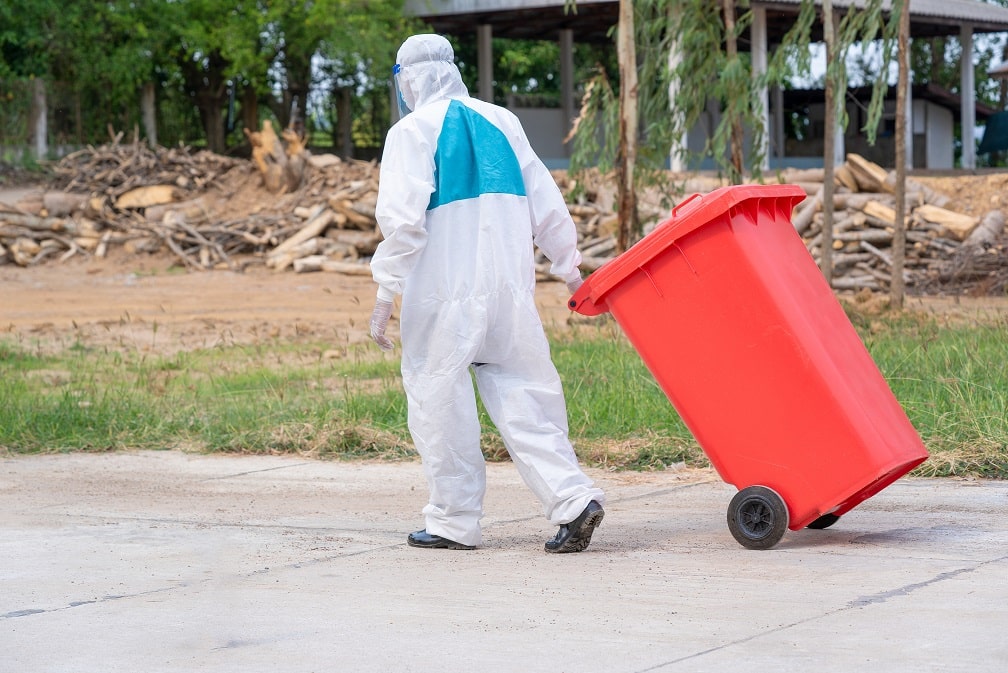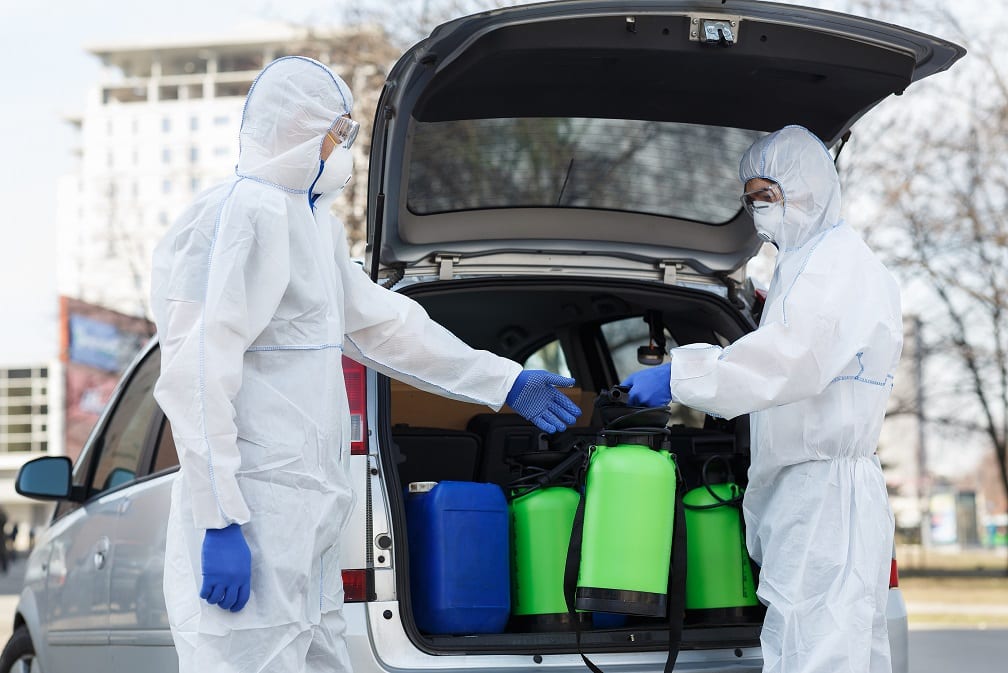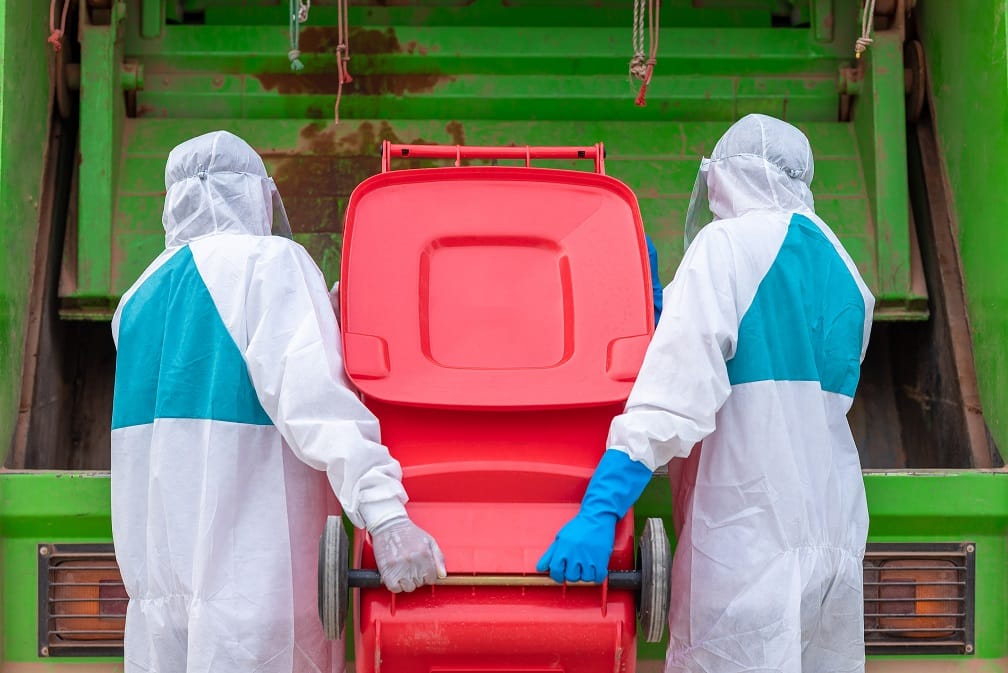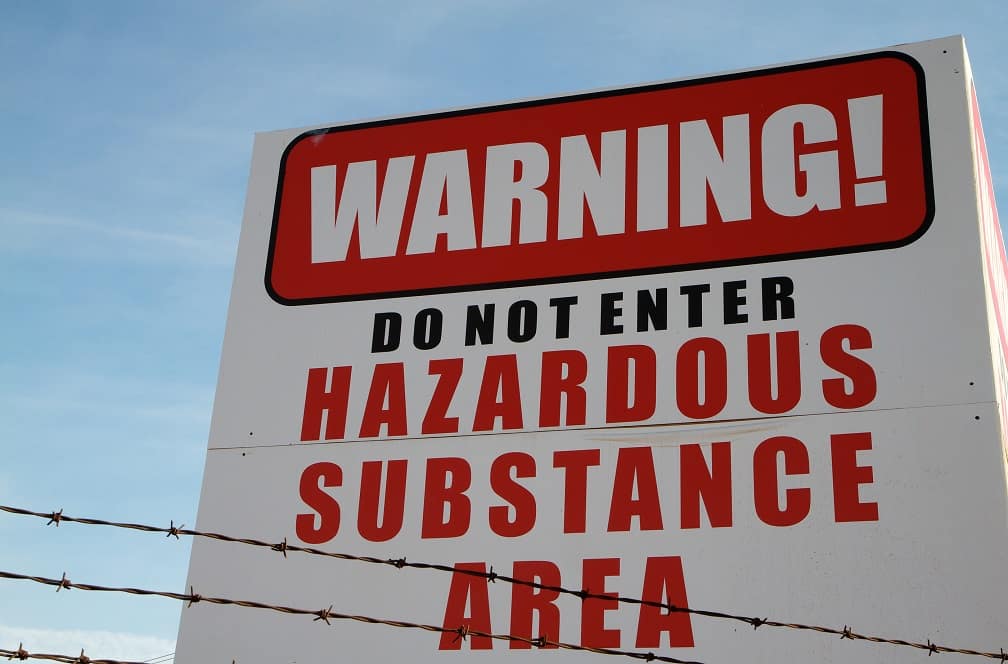What Happens if Hazardous Waste is Not Disposed of Properly?
Hazardous waste is a material with harmful properties or capable of negatively affecting the environment or human health. It's generated from many sources that range from household waste, industrial manufacturing processes to products such as batteries. Hazardous waste comes in many forms such as liquids, sludge, and solids gases. Many industrial and consumer products, including




